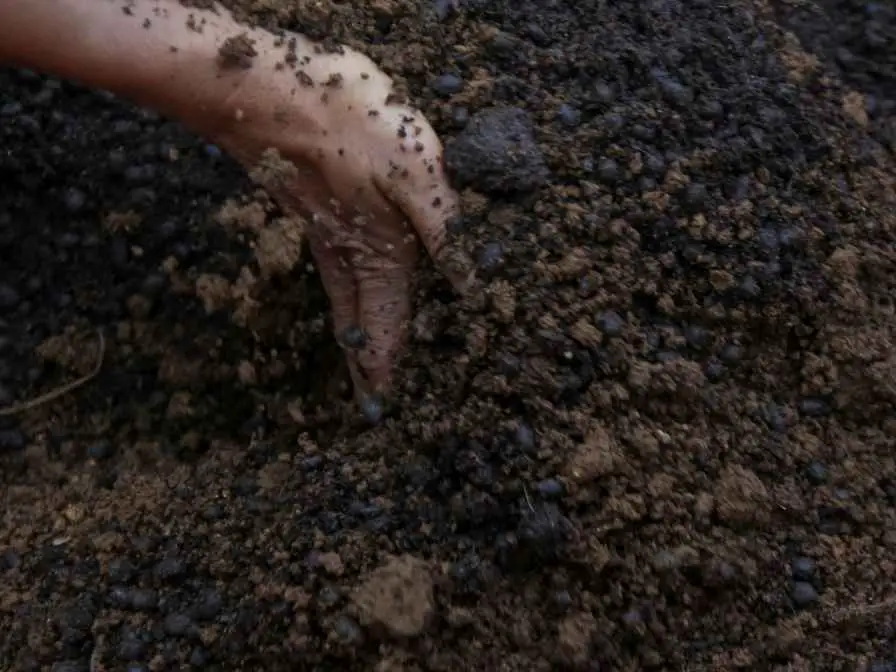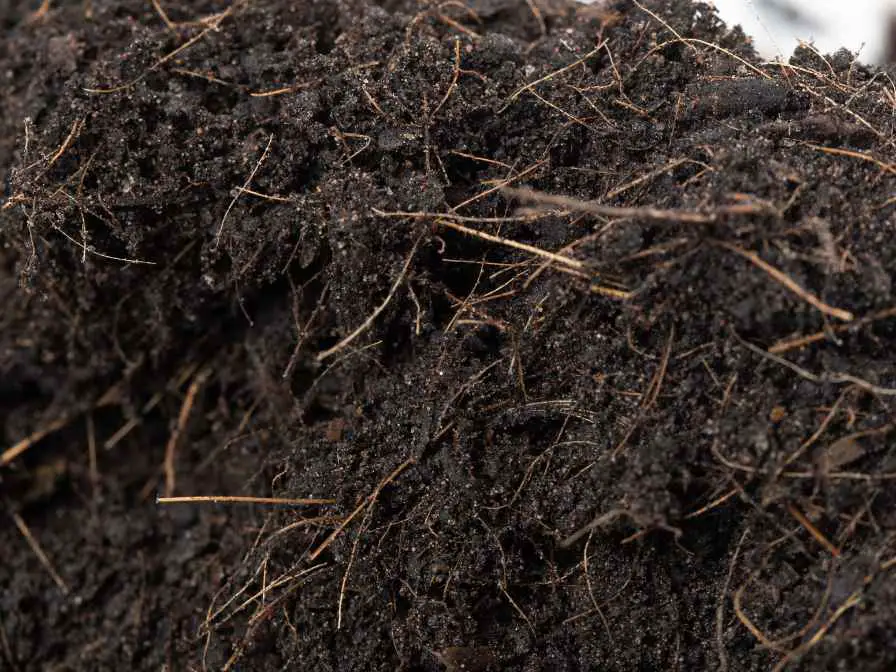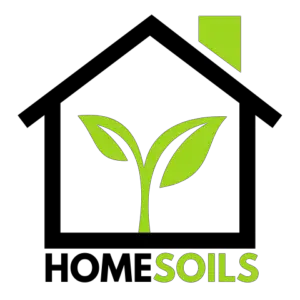When preparing the soil for the garden, due to higher zeal and zest sometime gardeners get more amount of soil than the required one. Also, it can be leftover from the existing one. Then how to dispose garden soil. Don’t worry about that. We are going to tell you that.

Disposing of the Garden Soil
Disposing of garden soil is an important aspect of maintaining a healthy and clean garden environment. Over time, garden soil can become depleted of nutrients, contaminated with pests or diseases, or simply worn out from extensive use.
When it comes to disposing of garden soil, it is important to follow the guidelines set by your local waste management authorities. These guidelines may vary depending on your location. In some areas, small amounts of garden soil can be disposed of in regular household waste bins.
However, larger quantities may require alternative methods. Many municipalities have dedicated waste disposal facilities where you can drop off garden soil for proper handling.
These facilities often have separate areas for green waste, including soil and plant materials, which are then processed accordingly. Some areas may also have composting facilities that accept garden soil, allowing it to be transformed into nutrient-rich compost for future use.
How to Dispose of Garden Soil?
When it comes to disposing of garden soil, there are several methods you can consider, depending on the condition of the soil and local regulations. Here are some common methods:
Reuse or Recycle
If the garden soil is still in good condition and free from contaminants, it can be reused or recycled. Consider incorporating it into other areas of your garden to improve soil structure and nutrient content.
You can also mix it with fresh compost or organic matter to rejuvenate its fertility. Another option is to offer the soil to friends, neighbors, or local gardening clubs who may be in need of soil for their own projects.
Local Waste Collection
In some areas, small quantities of garden soil can be disposed of in regular household waste bins. However, it’s essential to check with your local waste management authorities to ensure compliance with their guidelines.
They may have specific regulations regarding the disposal of soil, such as bagging it separately or limiting the quantity per collection.
Waste Disposal Facilities
Many municipalities have dedicated waste disposal facilities where you can drop off larger quantities of garden soil.
These facilities typically have separate areas for green waste, including soil and plant materials. The soil is collected and processed accordingly. Some facilities may charge a fee for soil disposal, so it’s advisable to inquire about any potential costs in advance.
Composting
If the soil is not contaminated and you have access to a composting facility, consider composting it. Composting breaks down organic materials, including garden soil, into nutrient-rich compost. Contact your local composting facility to inquire if they accept garden soil, and follow their guidelines for drop-off or collection.
Soil Remediation
In certain cases, contaminated soil can be remediated to remove or reduce contaminants, making it safe for reuse.
Soil remediation involves various techniques such as bioremediation, phytoremediation, or chemical treatments. Consult with soil remediation experts or agricultural extension services to assess the feasibility and appropriate methods for remediating the soil.
It’s important to note that the specific methods and regulations for disposing of garden soil can vary by region. Always check with your local waste management authorities or environmental agencies to ensure compliance with local laws and guidelines for proper disposal.
Cautions for Disposing Garden Soil

When disposing of garden soil, it is crucial to exercise caution to ensure proper handling and prevent any negative environmental impact. Here are some important cautions to keep in mind:
Contaminants
If your garden soil is contaminated with chemicals, pesticides, herbicides, or other harmful substances, it is essential to take precautions to prevent these contaminants from entering the environment. Avoid disposing of contaminated soil in regular waste bins or composting facilities that are not equipped to handle such materials.
Instead, contact your local waste management authorities or environmental agencies for guidance on how to dispose of contaminated soil safely and in compliance with regulations
Invasive Species and Diseases:
If the soil is infected with plant diseases or invasive pests, proper disposal is necessary to prevent the spread of these issues. It is important not to redistribute or introduce contaminated soil to other areas of your garden or neighboring properties. Dispose of it in accordance with local regulations, which may involve contacting waste management authorities or utilizing dedicated waste disposal facilities.
Local Regulations
Different regions may have specific guidelines and regulations for the disposal of garden soil. It is crucial to familiarize yourself with these regulations to ensure compliance and responsible disposal. Check with your local waste management authorities, environmental agencies, or agricultural extension services to understand the rules and recommendations specific to your area.
Soil Quality Assessment
Before disposing of garden soil, it can be beneficial to assess its quality. Soil that is still fertile and usable can be reused, recycled, or donated to others who may benefit from it. Consider testing the soil for nutrients, pH levels, and contaminants, if necessary, to make informed decisions regarding its disposal or potential reuse.
Responsible Disposal Methods
Choose appropriate disposal methods based on the condition of the soil and local regulations. If possible, prioritize recycling or reusing the soil to minimize waste and promote sustainable gardening practices.
Utilize waste disposal facilities or composting facilities that accept garden soil, following their specific guidelines for drop-off or collection.
In short, by being cautious and following these guidelines, you can ensure that the disposal of garden soil is done in an environmentally responsible manner, minimizing any potential harm and promoting sustainable gardening practices.
FAQs
Can you throw out borax?
Do look for the local regulations. You should sweep the borax into the container. Don’t throw it into the water or in the other category of waste.
How do I dispose garden soil in the UK?
You should contact the local authorities first. They will suggest the most suitable, and legal method to dispose of the garden soil. They might provide a bin, or help you in recycling the soil. you can find the soil dump near you, or give soil to anyone who needs it.

